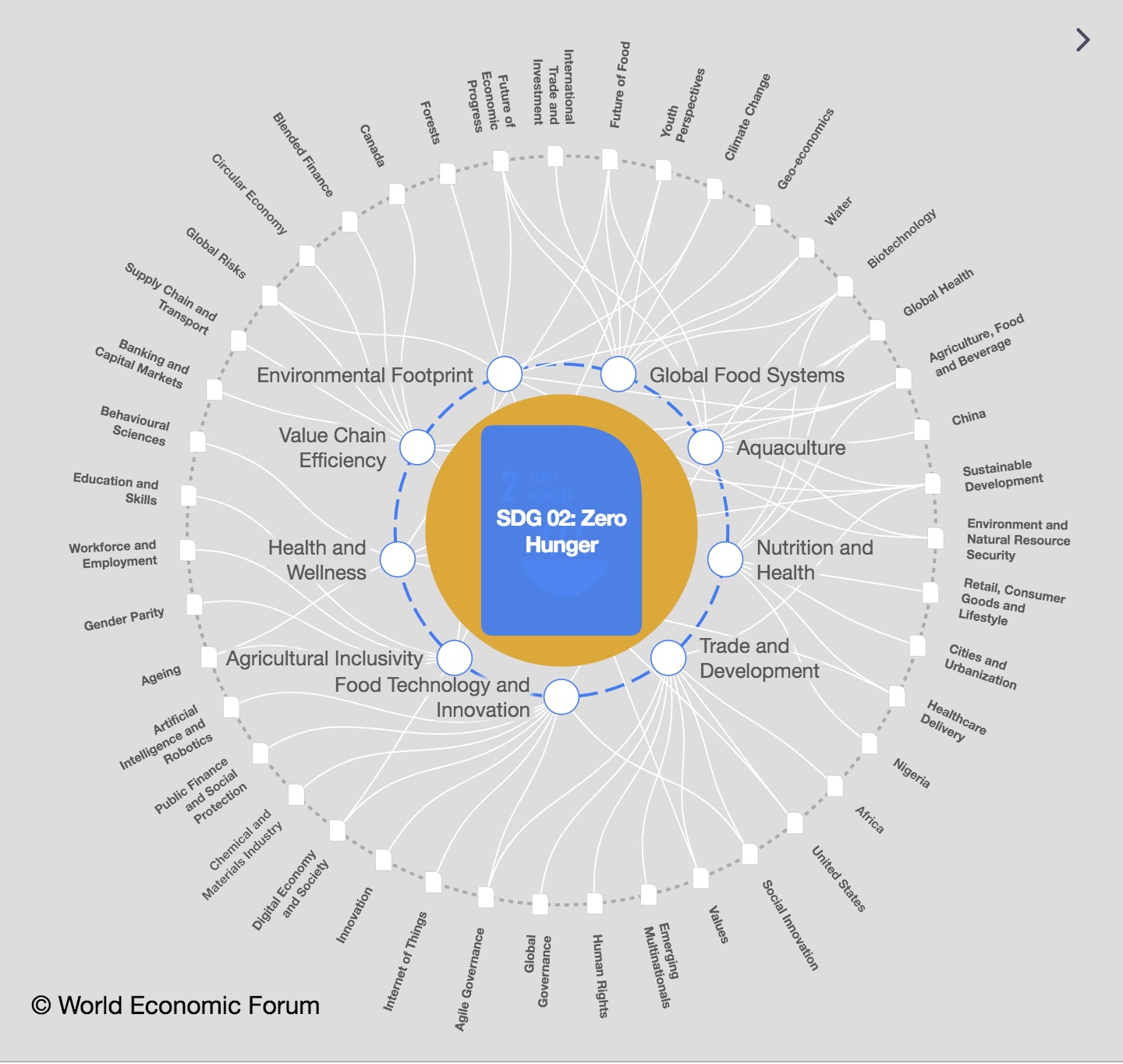In Las Vegas, this is why you can pay for parking fines with food

For many adults food insecurity is a growing problem, leaving thousands of American people dependent on donations, charity feeding centres and food banks. Image: REUTERS/Arnd Wiegmann
Drivers in Las Vegas who fall foul of the city’s parking regulations can use food to settle their fine, part of a city initiative aimed at generating supplies for people without enough to eat.
For one month, the city council penalties for double-parking, blocking alleys or cycle lanes and many other non-public safety offences, come with an additional payment option. Offenders can hand over non-perishable food items equal to, or exceeding, the value of the parking fine.
Food payments must be made within 30 days of the parking citation issued, allowing sufficient time for the proceeds to be distributed before the holiday period.
The donations will go to Helping Hands of Vegas Valley, a non-profit organization helping low-income and disabled older residents manage poverty, hunger and loneliness.
This is not the first time Las Vegas has offered motorists an unusual way to pay their parking fines - the council has been running similar schemes since 2016. For a period this past summer, parking fines could be paid with school supplies.
Banking on it
Las Vegas sits in the state of Nevada, where around 8.5% of people aged over 65 live below the poverty line.
For many adults food insecurity is a growing problem, leaving thousands of American people dependent on donations, charity feeding centres and food banks.
Around the world, 9.6 million people use food banks, according to the Global Foodbanking Network.
Hunger is often a problem of logistics as opposed to a shortage of food. Food banks take waste or surplus food donated by organizations, businesses and individuals, distributing it to the people most in need.
In the UK, a growing number of people depend on food banks to get by. The Trussell Trust reports that visitor numbers to Britain’s food banks have increased by a fifth over the last year.
Don't miss any update on this topic
Create a free account and access your personalized content collection with our latest publications and analyses.
License and Republishing
World Economic Forum articles may be republished in accordance with the Creative Commons Attribution-NonCommercial-NoDerivatives 4.0 International Public License, and in accordance with our Terms of Use.
The views expressed in this article are those of the author alone and not the World Economic Forum.
Stay up to date:
SDG 02: Zero Hunger
The Agenda Weekly
A weekly update of the most important issues driving the global agenda
You can unsubscribe at any time using the link in our emails. For more details, review our privacy policy.










